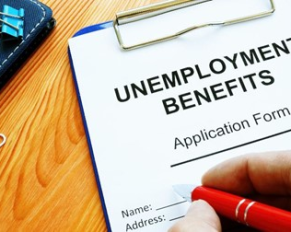By: Jennifer Weitz, Esq. and Ty Hyderally All employees in the state of New York have a comprehensive law that…

Employment law covers the rights and duties between employers and workers. These posts deal with protections afforded to workers under the law governing areas such as discrimination, harassment, unsafe work conditions and more.
https://commonlegalquestions.com/2018/07/02/what-you-need-to-know-about-employment-law/
https://commonlegalquestions.com/2018/08/10/women-fighting-for-equal-rights/

By: Jennifer Weitz, Esq. and Ty Hyderally All employees in the state of New York have a comprehensive law that…

By: Ty Hyderally, Esq. and Francine Foner, Esq. What are non-competes? Employers often require employees to sign a “non-compete” agreement,…

By: Jennifer Vorih, Esq., and Ty Hyderally, Esq. Since 2020, thousands of American companies successfully adopted remote work and are…

By: Francine Foner, Esq., and Ty Hyderally, Esq. What is “Ban the Box”? Since the late 1990s, 25 states in…

By: Ty Hyderally, Esq., and Jennifer Vorih, Esq. If you find yourself in a difficult situation at work keep these things…

By: Jennifer Weitz, Esq., and Ty Hyderally, Esq. In March of 2020, Christian Smalls, then a supervisor at JFK8, became…

By: Jennifer Weitz, Esq., and Ty Hyderally, Esq. What Are Arbitration Agreements? Arbitration agreements are legally binding contracts that provide…

Whistleblower Protection New York By: Ty Hyderally, Esq., and Francine Foner, Esq. In December of 2021, New York signed a…

How to build fairer and more equitable workplaces By: Ashley A. Smith, Esq. and Ty Hyderally, Esq. This year we…

Employer Changes Company Policy By: Ashley A. Smith, Esq. and Ty Hyderally, Esq. When an employer changes a company policy,…